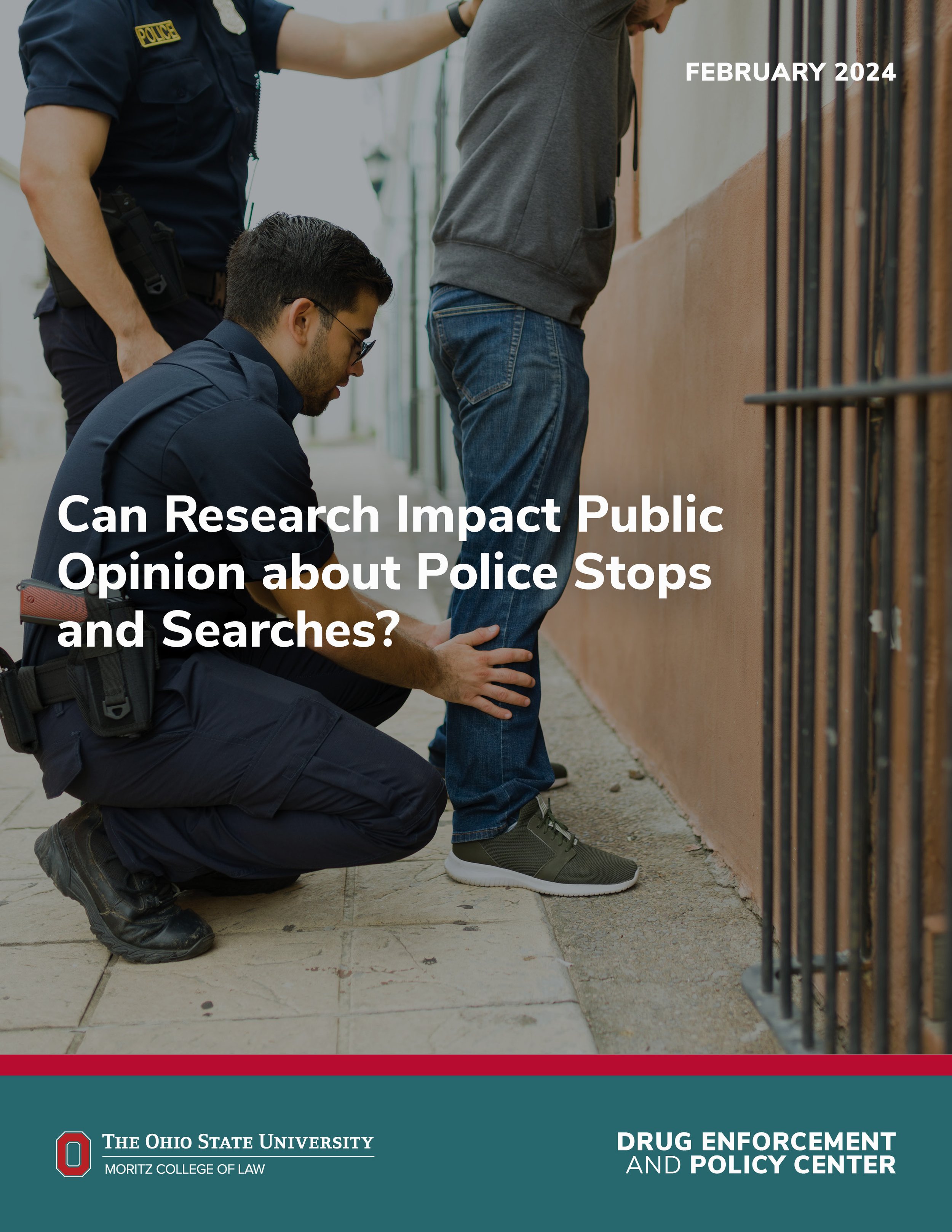Can Research Impact Public Opinion about Police Stops and Searches?
By Peter Leasure and Hunter M. Boehme
This study examined whether public perceptions of police traffic stops and searches varied when participants were randomly assigned to receive various traffic stop and search statistics derived from research. We utilized an experimental information provision survey sent to head of households in South Carolina with an associated email address. Respondents were randomly assigned to one of three conditions: 1) a condition where respondents were presented statistics on contraband hit rates (i.e., rate at which contraband is found during a stop), 2) a condition where respondents were presented statistics on racial disparities in traffic stops, or 3) the control condition. Results from roughly 4,600 respondents indicated that research on traffic stops and searches could impact public opinion regarding whether the police should conduct more stops and searches. Statistically significant differences were found with the contraband versus the racial disparity conditions and with the racial disparity versus control conditions. Looking at the overall probabilities (without regard to the p-values for the differences), respondents who received the racial disparity condition were the least likely to agree that police should conduct more traffic stops and searches, while respondents who received the contraband condition were most likely to agree that police should conduct more traffic stops and searches. However, it should be noted that probabilities for all conditions ranged from approximately 32% to 38%, meaning that most respondents did not agree that more traffic stops and searches should be conducted.
Drug Enforcement and Policy Center. February 2024, 20pg


